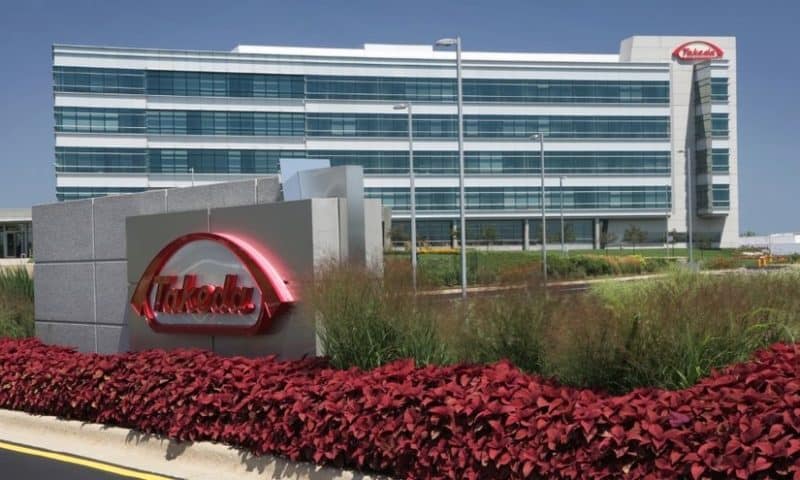Takeda’s fervor for gene therapies hit a new peak Tuesday in a research collaboration that could skyrocket to $3.6 billion for Poseida Therapeutics.
The Japanese Big Pharma is willing to dole out that massive haul for six to eight non-viral, in vivo gene therapies that target liver and hematologic diseases, Poseida said Tuesday.
While this is Poseida’s first major collaboration, Takeda is a longtime proponent of linking arms with biotechs. Just last week, Takeda said it would dish out up to $1.12 billion for Selecta Biosciences’ technology to produce gene therapies for lysosomal storage disorders. That follows a $303 million gene med pact with Genevant in August, also focused on liver diseases.
The Poseida collab includes $45 million upfront, $125 million in preclinical milestones, up to $2.7 billion if the six programs come to fruition and the grand total of $3.6 billion if all eight therapies reach their milestones. Tiered royalties will be in the double digits.
The San Diego biotech will pony up its genetic engineering platform, including biodegradable DNA and RNA nanoparticle delivery technology, to help Takeda create gene therapies amid growing investor interest in regenerative medicine. One of the therapies involved in the deal is Poseida’s hemophilia A program, which is in preclinical studies at the moment.
Timelines and specific indications were kept under wraps, even in a Securities and Exchange Commission filing, as none of the programs have entered human trials.
Non-viral gene therapy is especially of interest because it evades the safety issues associated with adeno-associated virus-based treatments in the field, which have come under increasing pressure from the FDA after an advisory committee marathon was held to look at Novartis’ Zolgensma and others.
Under the agreement, Poseida will lead research activities until candidates are selected. Takeda then takes the reins for all further development and sales work.

